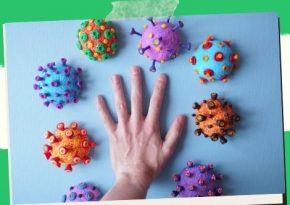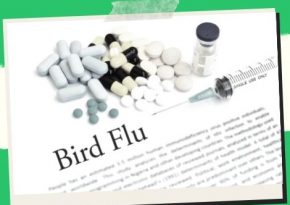
Study: Sugary beverages contain 100X more plasticizers than bottled water.
Researchers from Spain discovered that sugary drinks typically contain 100 times more plasticizers than bottled water in a study that was released on Wednesday.
The study examined 75 samples of diverse beverages from Spain for the presence of plastic compounds, offering a rare window into the contamination of European beverages with plasticizers.
Surprisingly, scientists from the Institute of Environmental Assessment and Water Research (IDAEA) of the Spanish National Research Council (CSIC) found that plasticizer levels in beverages were not primarily determined by the packaging material—glass, plastic, or can. Instead, it was discovered that added sugar made the biggest difference.
Chemical substances known as plasticizers are added to plastics to increase flexibility and durability. However, they are more frequently connected to harmful health effects, such as neurological harm, endocrine disruption, cancer, and problems with fertility.
According to the study, which was published in Environment International, at least one of the 19 organophosphate plasticizers tested was present in 95% of the studied drinks, which ranged from tap water to wine.
According to a news statement from Julio Fernandez Arribas, a researcher at IDAEA and the study’s primary author, “This demonstrates the ubiquity of their compounds and our daily exposure to them.”
Juices with added sugars and sugary soft drinks had the greatest quantities of these substances, with averages of 2,876 and 2,965 nanograms per liter, respectively.
The least amount of pollution, 2.7 nanograms per liter, was found in bottled water. In contrast, Barcelona’s tap water was approximately ten times more contaminated by these substances, most likely as a result of the PVC pipes that the city’s water system uses.
Coffee, wine, sugar-free sodas, tea, and juices without added sugars were the next least contaminated beverages after tap water (23.8 nanograms per liter), and coffee was the least contaminated of them.
Researchers advise taking into account the widely used sweetener as a source of contamination given that plasticizers were also discovered in samples of pure sugar.
Researchers looked at several packaging materials, including glass, plastic, and cans, and discovered that the container had no bearing on the outcome. They determined that eight distinct chemicals are released into the beverages by the plastic coating on the metal tops of glass bottles. In the case of one juice brand, the glass bottle had plasticizer levels that were ten times greater than those of other packaging.
Researchers cautioned that people also ingest these substances in other ways even though none of the beverages went over the recommended limit.
“We must take into account the fact that these plasticizers can potentially enter the body through different channels, such as food consumption and inhalation. As a result, a thorough assessment of the entire amount of plasticizers to which we are exposed is required, according to author Ethel Eljarrat.
Save/Share this story with QR CODE
Disclaimer
This article is for informational purposes only and does not constitute endorsement of any specific technologies or methodologies and financial advice or endorsement of any specific products or services.
 Need to get in touch?
Need to get in touch?

We appreciate your reading. 
1.) 

Your DONATION will be used to fund and maintain NEXTGENDAY.com
Subscribers in the Philippines can make donations to mobile number 0917 906 3081, thru GCash.
3.) 
4.) 
AFFILIATE PARTNERS

World Class Nutritional Supplements - Buy Highest Quality Products, Purest Most Healthy Ingredients, Direct to your Door! Up to 90% OFF.
Join LiveGood Today - A company created to satisfy the world's most demanding leaders and entrepreneurs, with the best compensation plan today.

 Business, Finance & Technology
Business, Finance & Technology





